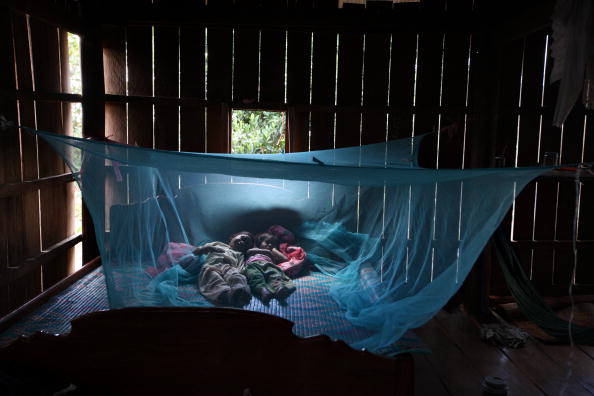
A Brazilian man who was initially believed to have Ebola tested negative on the first test, says the country's health ministry on Thursday, Nov 12.
The man, 46, came from Guinea, which continues to struggle with fully eradicating the disease that killed more than 10,000 people in West Africa. He arrived in Brazil on Nov 6. However, two days after, he developed the classic symptoms of the viral disease including fever and body pains.
He immediately asked for medical help in a Minas Gerais public health unit, which then coordinated his transfer to Rio de Janeiro, the country's capital, which is more equipped to handle possible Ebola cases. On the same day, he was tested for the virus.
The health ministry is waiting for the result of the second test. If it remains negative, the man will be officially cleared of the disease and removed from isolation. People who are currently being quarantined, such as those who came into contact with him, will also be released. The health clinic where he first came, which has stopped accepting patients for the moment, can also resume its operations.
But while the man doesn't have Ebola, he has malaria, which is just as deadly as Ebola. In a report by Guardian, many cases of malaria remained undetected at the height of the Ebola crisis as patients were afraid of being isolated. The fight against malaria, a parasitic mosquito-transmitted disease that continues to kill more than 300,000 people around the world especially children and pregnant women, was further compromised as most of the health workers were attending to the quickly growing number of Ebola patients.
Malaria, which can share the similar symptoms as Ebola, however, can be treated with urgent care that includes provision of antimalarial drugs. Anyone who's planning to travel to countries with high cases of malaria can also take preventive malarial drugs complemented by appropriate clothing for body protection and insect repellent. Some African countries also provide insecticide-treated mosquito nets.
